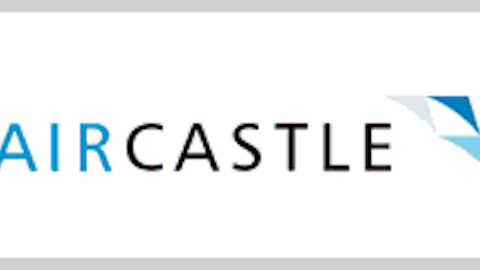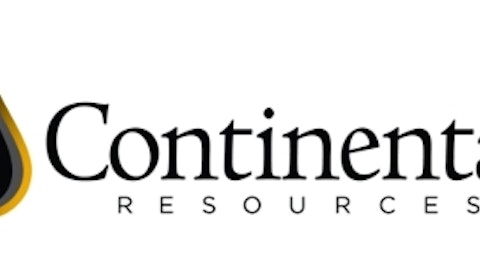
Photo credit: Flickr/shannonpatrick17.
The most divisive pipeline project in North American history looks to have lost a key advocate. Harold Hamm, CEO of top Bakken producer Continental Resources, Inc. (NYSE:CLR), has recently said that TransCanada Corporation (USA) (NYSE:TRP)‘s massive Keystone XL Pipeline project is “not critical any longer.” The problem with that statement is it is both entirely correct and most assuredly false at the same time.
Why he’s right
Hamm’s statement is really all about his perspective. His company has committed to move about 35,000 barrels of oil per day on the Keystone XL if built. That’s just a small portion of the Keystone’s proposed 830,000 barrels of oil per day of capacity. It’s also a small portion of the company’s 88,000 barrels of oil equivalent production per day from the Bakken. There are enough other options, including competing pipelines or rail terminals, that really do make the Keystone no longer critical to his business.
The other consideration here is that Hamm owns a pipeline company, Hiland Partners. The company is planning a new pipeline called the Double H Pipeline, which could be built with the capacity to transport up to 100,000 barrels of Bakken oil per day. That just happens to be the exact amount of Bakken oil that the Keystone XL would transport. Clearly, Howard Hamm and Continental Resources, Inc. (NYSE:CLR) could get by just fine without the Keystone XL.
Why he’s wrong
The problem is that of Keystone’s 830,000 barrels of oil per day of capacity, a total of 730,000 barrels of oil per day of that capacity is coming from Canada’s oil sands. It’s really that oil that’s at the heart of the Keystone XL discussion, not the small portion of Bakken oil that would flow through the pipeline.
For companies such as Canadian Natural Resource Ltd (USA) (NYSE:CNQ) and Valero Energy Corporation (NYSE:VLO), the approval of the Keystone XL is critical. The pair has committed to 550,000 barrels per day in shipments from the pipeline. For Canadian Natural Resource Ltd (USA) (NYSE:CNQ), it has a large runway of projects, which will see it adding 40,000 to 60,000 barrels per day of production every couple of years through the next two decades thanks to the oil sands. All that oil is pretty useless if it can’t get to refiners. That’s one reason a refiner like Valero Energy Corporation (NYSE:VLO) is looking at rail and barges to get Canadian crude to its refineries along the Gulf Coast. Bottom line here: without the Keystone XL, these two companies, as well as many others, will face higher costs to get the crude oil refined into products such as gasoline.





